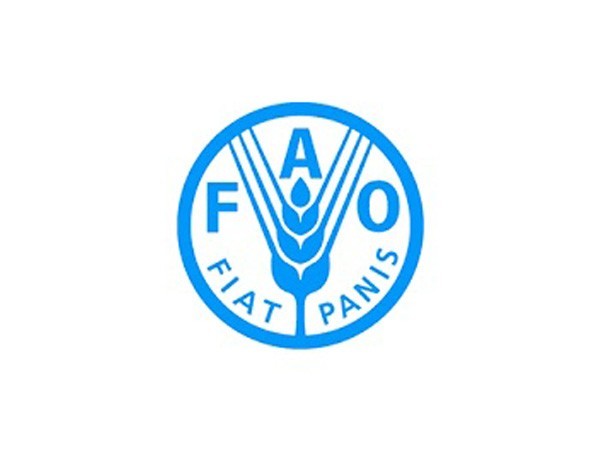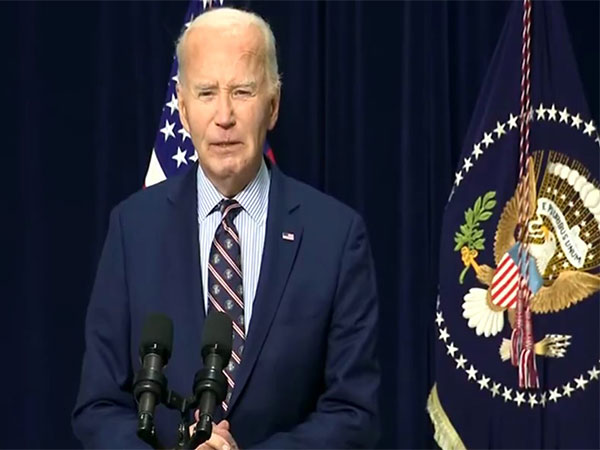Kenya, FAO launches strategy to boost action on weed, invasive pests
Feb 08, 2022
Nairobi (Kenya), February 8: Kenya in partnership with the Food and Agriculture Organization (FAO) of the United Nations on Monday launched an invasive pests and weeds management strategy to boost food and nutrition security in the country.
Peter Munya, the cabinet secretary in the Ministry of Agriculture, Livestock, Fisheries and Cooperatives, said that the migratory and invasive pests in Kenya (2022-2027) strategy will improve human and physical capacities, surveillance and early warning mechanisms.
"This strategy will establish a modern information and knowledge management system to strengthen surveillance, forecasting and ensure timely and effective control operations," Munya said during the strategy's launch in Nairobi, the Kenyan capital, noting that climate change has exacerbated the emergence of pests and diseases that have not been experienced over a long period of time.
He observed that migratory and invasive pests are posing a new challenge in the Eastern Africa region with devastating effects on the environment, national food security and livelihoods of farmers. Desert locust invasion experienced in Kenya over the last two years posed a severe food security threat to more than 4 million people spread across 32 counties.
According to Munya, a multi-stakeholder migratory pest management platform will be established to provide a well-coordinated strategy to help protect human and environmental health and minimize the negative impacts of control operations.
Beth Bechdol, FAO's deputy director-general, said that migratory and invasive pests like quelea birds, African armyworm and desert locust and invasive weeds like the water hyacinth are a threat to livelihoods. The frequency of invasions and spread of these pests have increased in the recent past, worsened by climate change.
The management of these pests requires a well-thought-out roadmap through a transboundary approach with the neighboring countries. Bechdol lauded Kenya for the successful control of desert locusts and also for launching the first-ever migratory and invasive pests and weeds management strategy in the region.
The strategy provides a robust coordination structure at both the national and county levels in line with the Agricultural Sector Transformation and Growth Strategy and Vision 2030. It has seven pillars that include capacity building, early warning, surveillance, control operation and livelihood restoration.
Source: Xinhua








